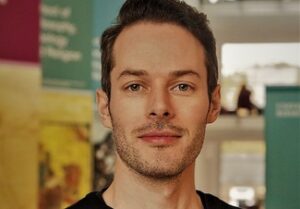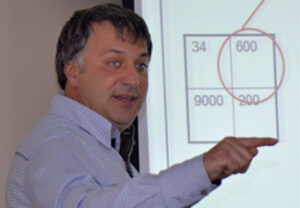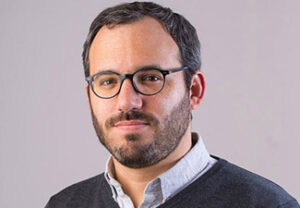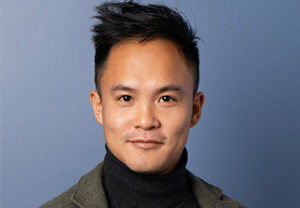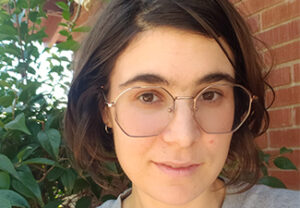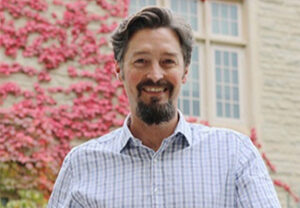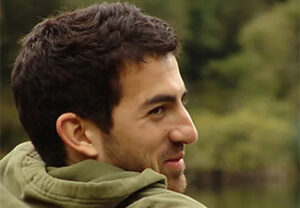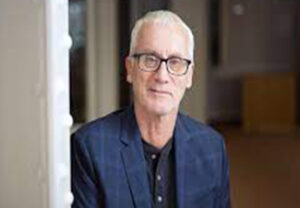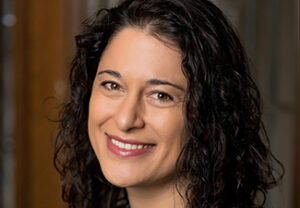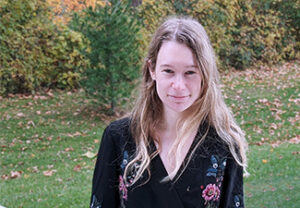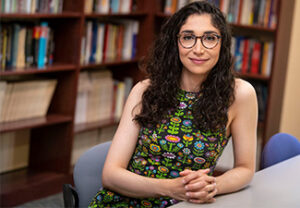Will Davies, an assistant professor and Gabriele Taylor Fellow in Philosophy at St. Anne’s College, Oxford, is interested in the philosophy of mind – including philosophy of psychology and psychiatry – and related areas of epistemology and metaphysics.
Stefan Linquist, an associate professor at the University of Guelph, is a philosopher of biology with research interests in ecology, genomics, and evolution. His current work examines theoretical issues in genomics and ecology.
Alejandro Pérez Carballo, an assistant professor in the Department of Philosophy at the University of Massachusetts, is interested in questions in the philosophy of mind and language, especially as they relate to issues in the philosophy of mathematics and metaethics, as well as in some questions in metaphysics and formal epistemology.
Andrew Y. Lee, an assistant professor of Philosophy at the University of Toronto, is interested in the structure of consciousness. His work examines how structural concepts—such as degrees, dimensions, continuity, discreteness, parts, wholes, isomorphisms, and state-spaces—can be applied to conscious experiences. Some of his work can be described as “mathematical phenomenology.”
Jacob Beck is a York Research Chair in the Philosophy of Visual Perception in the Department of Philosophy at York University. Beck’s research makes progress on longstanding philosophical puzzles about the mind by reconceptualizing them in light of contemporary cognitive science.
Sara Aronowitz, an assistant professor of Philosophy at the University of Toronto, studies learning and memory in humans, machines, and idealized thinkers. In this talk she will consider the question of ideal rationality.
Chris Smeenk, a professor in the Department of Philosophy at Western University, and the director of the Rotman Institute of Philosophy, has research interests in the history and philosophy of physics, general issues in the philosophy of science, and seventeenth-century natural philosophy.
Justin Bledin is an associate professor of Philosophy at Johns Hopkins University. His core research develops an informational view of logic and deductive inquiry.
Huw Price, Distinguished Professor Emeritus at the Center for Science and Thought, University of Bonn, and Emeritus Bertrand Russell Professor at the University of Cambridge., will be speaking about quantum entanglement.
Angela Potochnik is a professor of Philosophy and the director of the Center for the Public Engagement with Science at the University of Cincinnati. Dr. Potochnik’s research addresses the nature of science and its successes, the relationships between science and the public, and methods in population biology.
Emily Adlam is a postdoctoral associate at the Rotman Institute of Philosophy at Western University who works on the foundations of quantum mechanics and related issues in the philosophy of physics. Currently, her particular interest is in approaches to physics that go beyond the time evolution paradigm,
Francesca Zaffora Blando (Carnegie Mellon) devotes most of her work to showing that the theory of algorithmic randomness can be fruitfully applied to shed light on the foundations of inductive learning.
